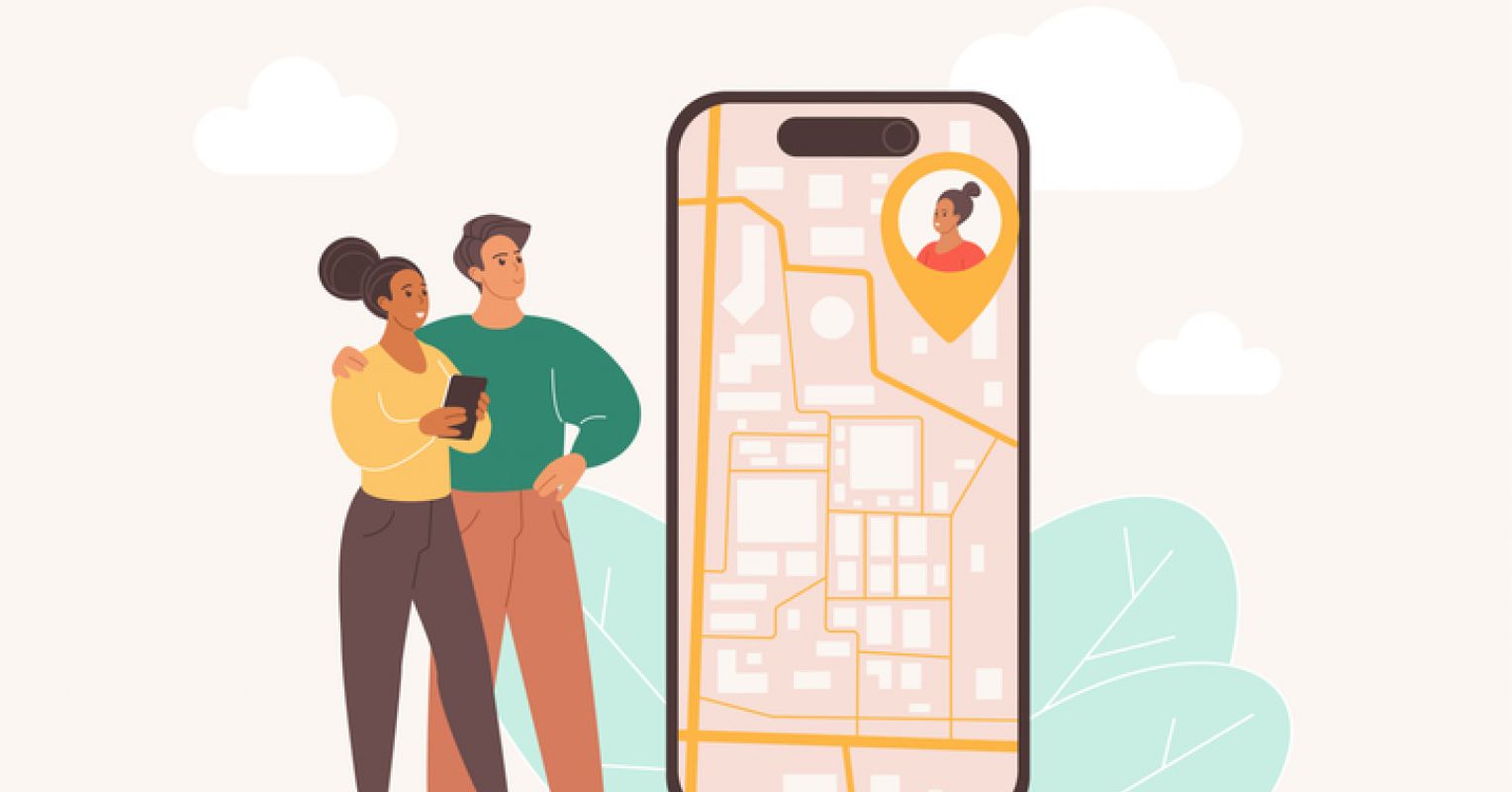
"When I was a teenager, there was a degree of distance between my academics and my parents that I took for granted. A poor grade on a report card arrived every six or so weeks. A poor grade on an assignment on an otherwise decent report card was hidden entirely. A lecture by my parents was either delayed by the postal service or never came at all."
"On top of that, my social whereabouts were, for the most part, private. Unless someone's mom happened to call my mom, nobody outside of the people I was with knew whether I was at a friend's house, at the corner store buying junk food, or playing football on the school field. Today's teenagers inhabit another world entirely, a world where every grade, every location, every choice, and every angle of their face can be instantly known, recorded, and shared by parents, peers, and the public."
Teenagers once experienced significant privacy around grades, parental oversight, and social whereabouts, with poor grades arriving infrequently and social activities remaining largely private. Contemporary teenagers face pervasive observation where grades, locations, choices, and images can be instantly recorded and shared by parents, peers, and the public. Persistent perception of being watched mirrors the constant evaluation experienced in religious trauma, producing fear of judgment and punishment. This awareness generates measurable psychological consequences, including increased restraint, heightened self-consciousness, and greater emotional caution. Surveillance perception creates a feedback loop that heightens discomfort, produces self-regulation, and leads to internalized self-judgment, contributing to rising social anxiety among young people.
Read at Psychology Today
Unable to calculate read time
Collection
[
|
...
]